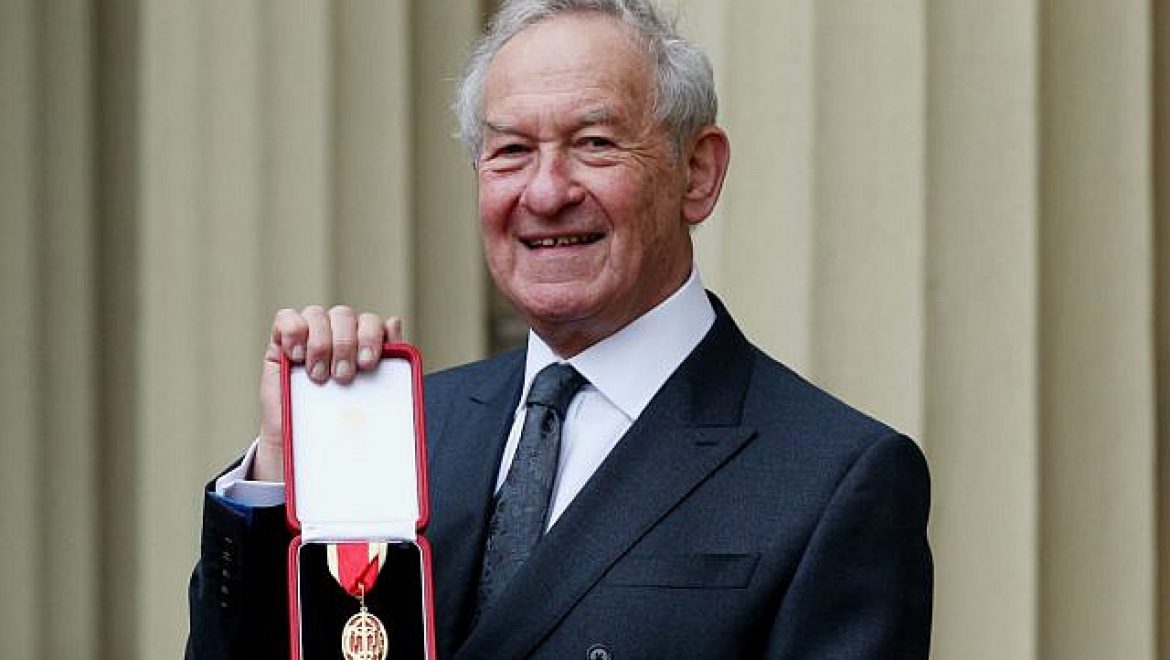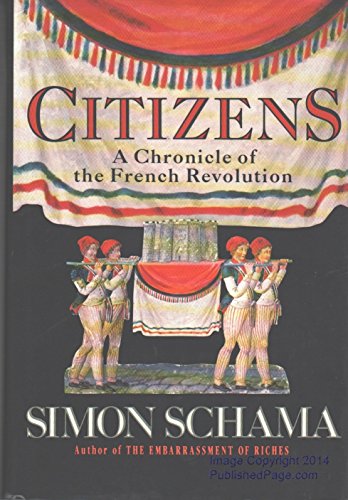
Before it looped back on itself in such an eerie way, the revolution made violence its life force. Yet as he sifts ideas, facts and artifacts, he distills the revolution to one essential problem, that ''of reconciling freedom with power.'' In 1789 the revolution created free and independent citizens, and by 1794 the Terror had seized their liberty in the name of the new republic. Schama's approach is so capacious (as it was in ''The Embarrassment of Riches,'' his study of 17th-century Dutch culture) that it leaves plenty of room for his controversial interpretations. He shows the ''split personality of the French Revolution'' embodied in two politicians: the shrewd, rational Talleyrand, seen here paying a worshipful visit to Voltaire, and the Rousseauean idealist Lafayette, seen ''shivering at Valley Forge'' with George Washington. Schama analyzes the crippling national debt that heralded the fall of the monarchy and assesses the cultural importance of Sevres demitasse cups decorated with likenesses of Louis XVI's severed head. Schama, who teaches history at Harvard, depends on the most astute recent scholarship while evoking the narrative sweep of his 19th-century predecessors Michelet and Tocqueville, writers who knew that history was a story before it was an academic discipline.

''Citizens,'' Simon Schama's extravagant chronicle of the revolution, restores its huge complexity. ''Liberty, fraternity, equality,'' the storming of the Bastille and the apochryphal ''Let them eat cake'' stand in for a decade of ferocious social and political change. Scholars have subdivided it into ever narrower sections - from political to Marxist to demographic - while in the popular imagination it has been reduced to a few weighty phrases and images.

$29.95įor the best and the worst of reasons, the French Revolution has been chopped to bits.

Citizens A Chronicle of the French Revolution By Simon Schama Illustrated.


 0 kommentar(er)
0 kommentar(er)
